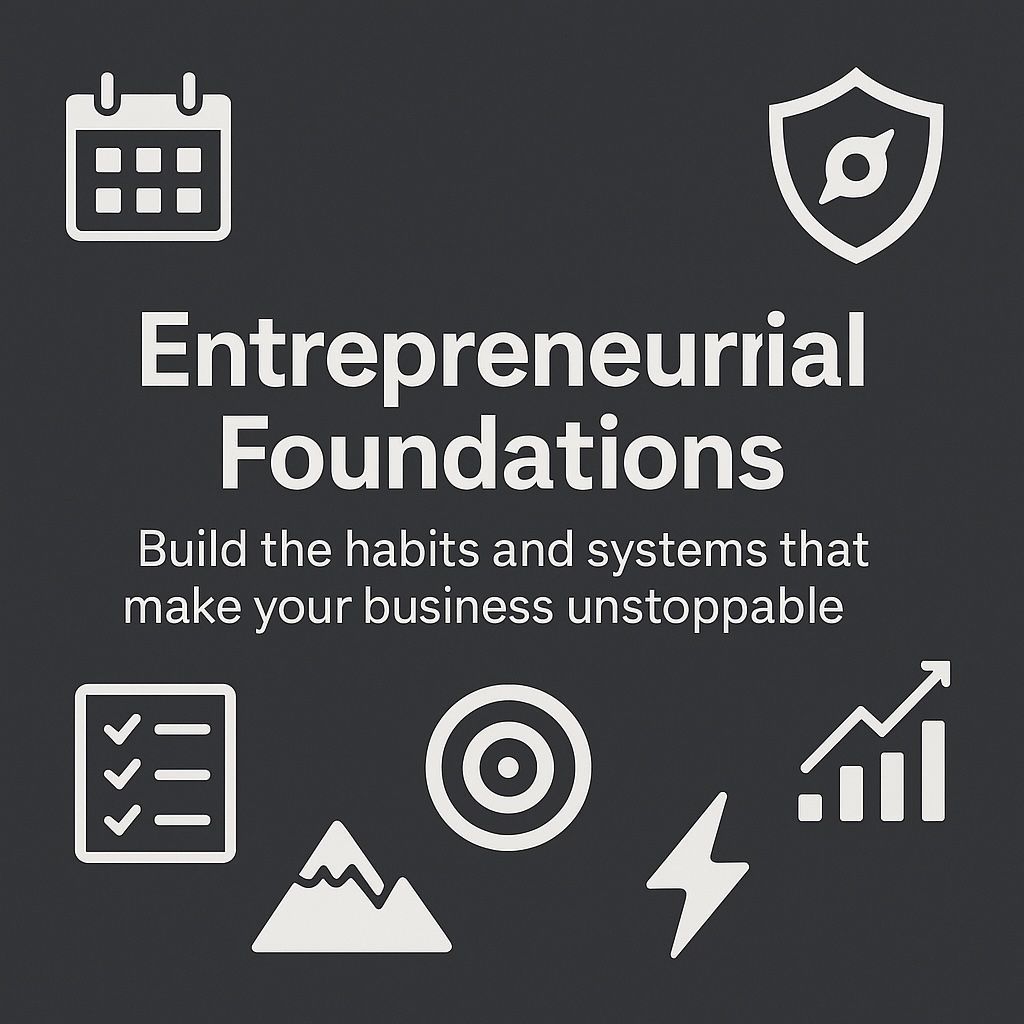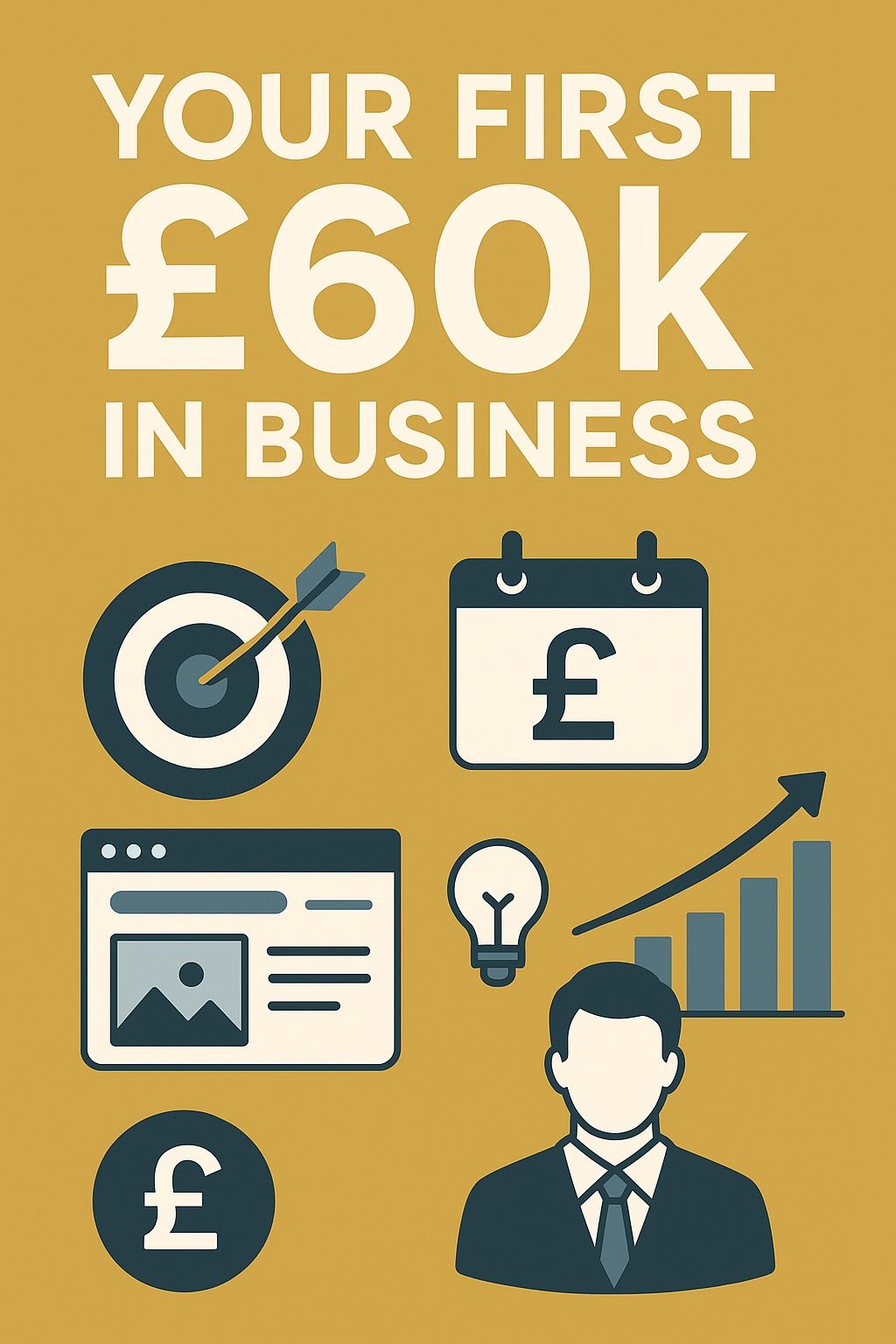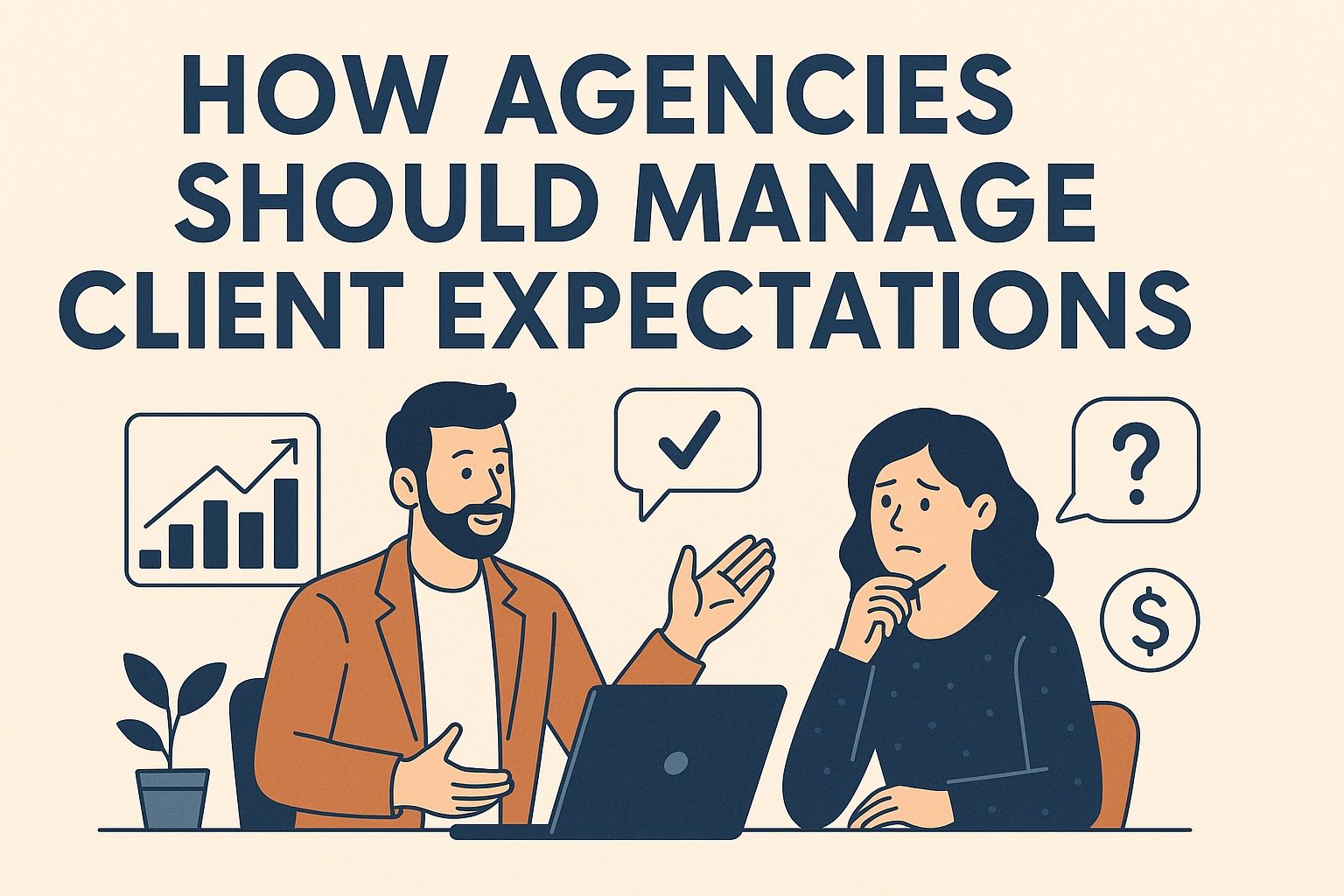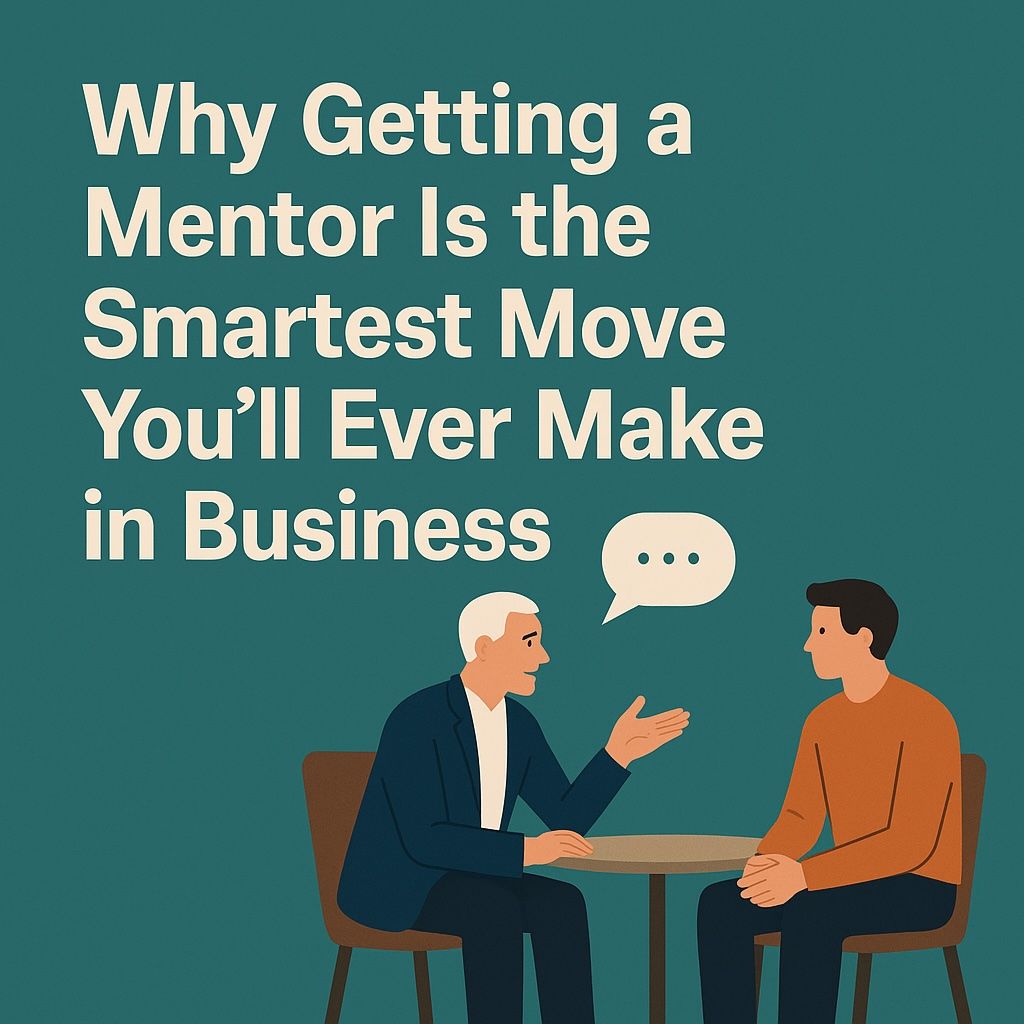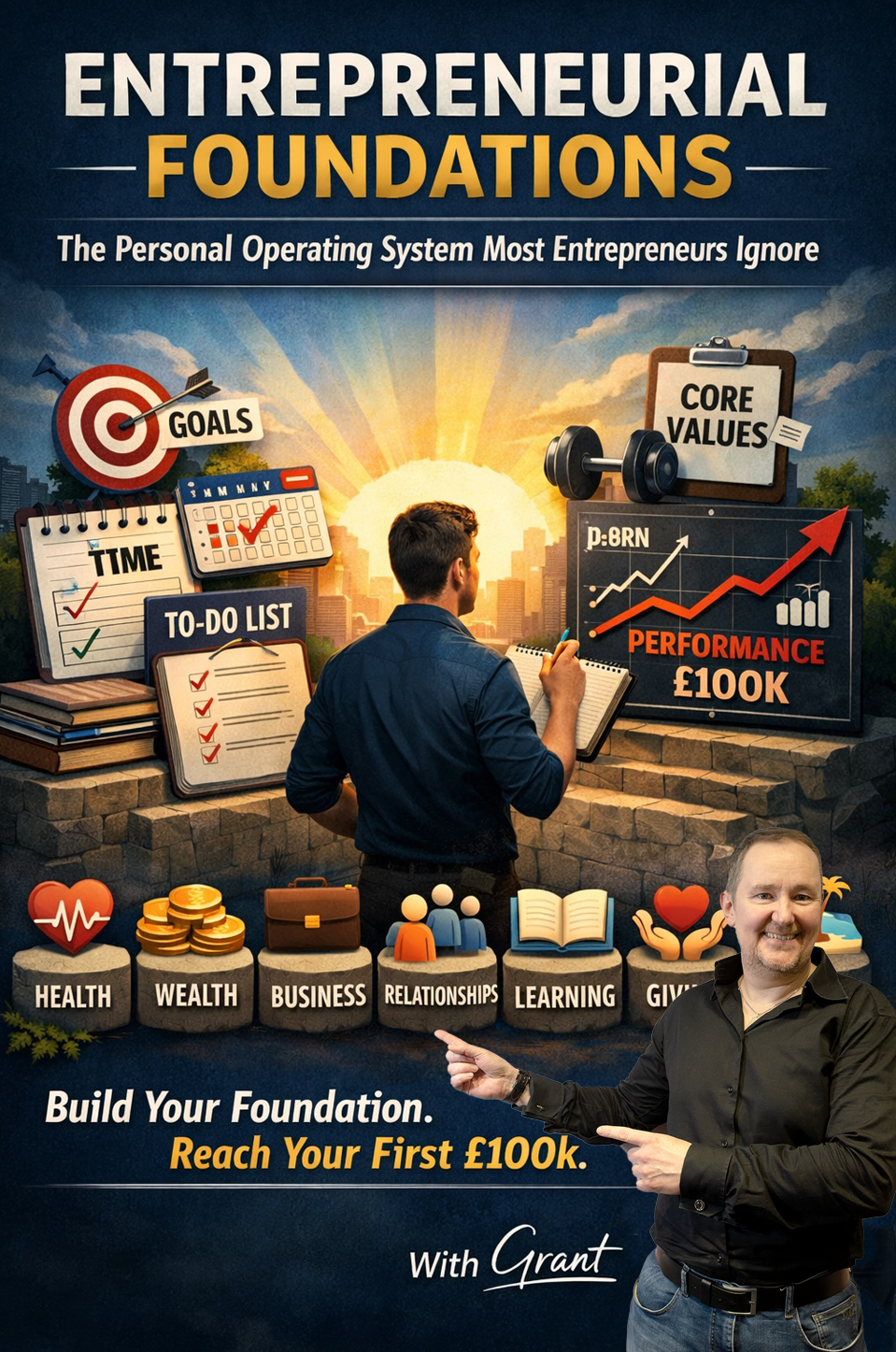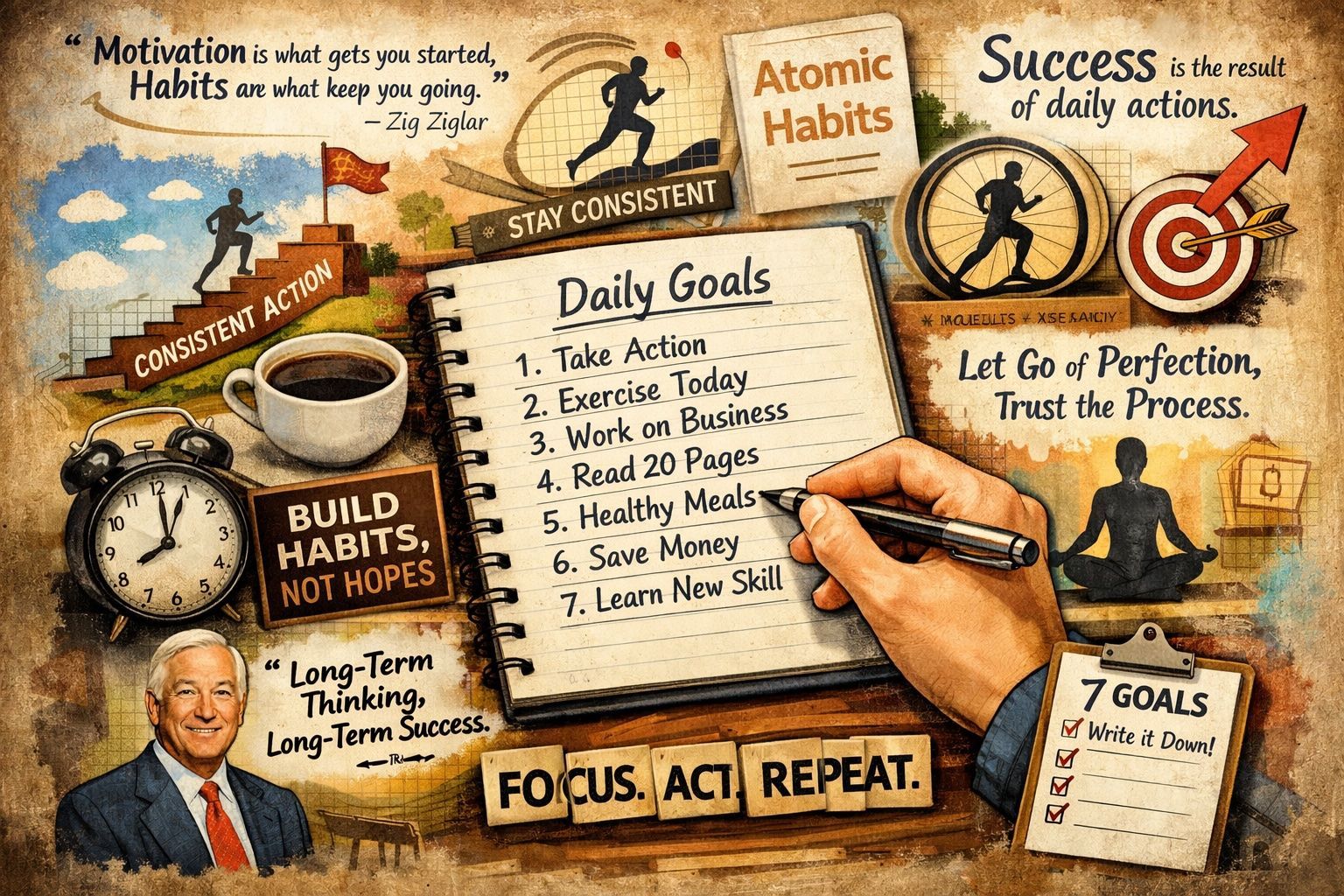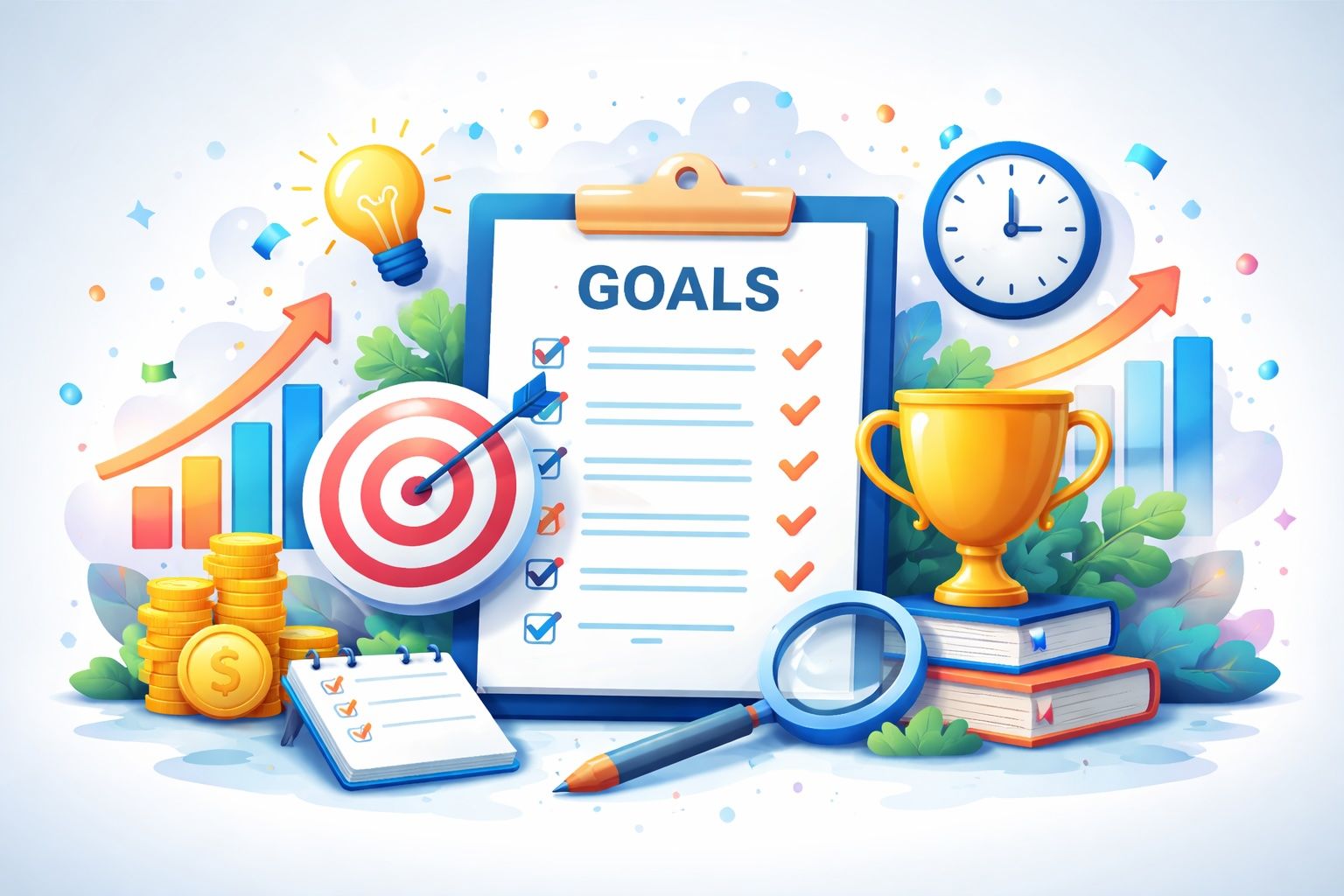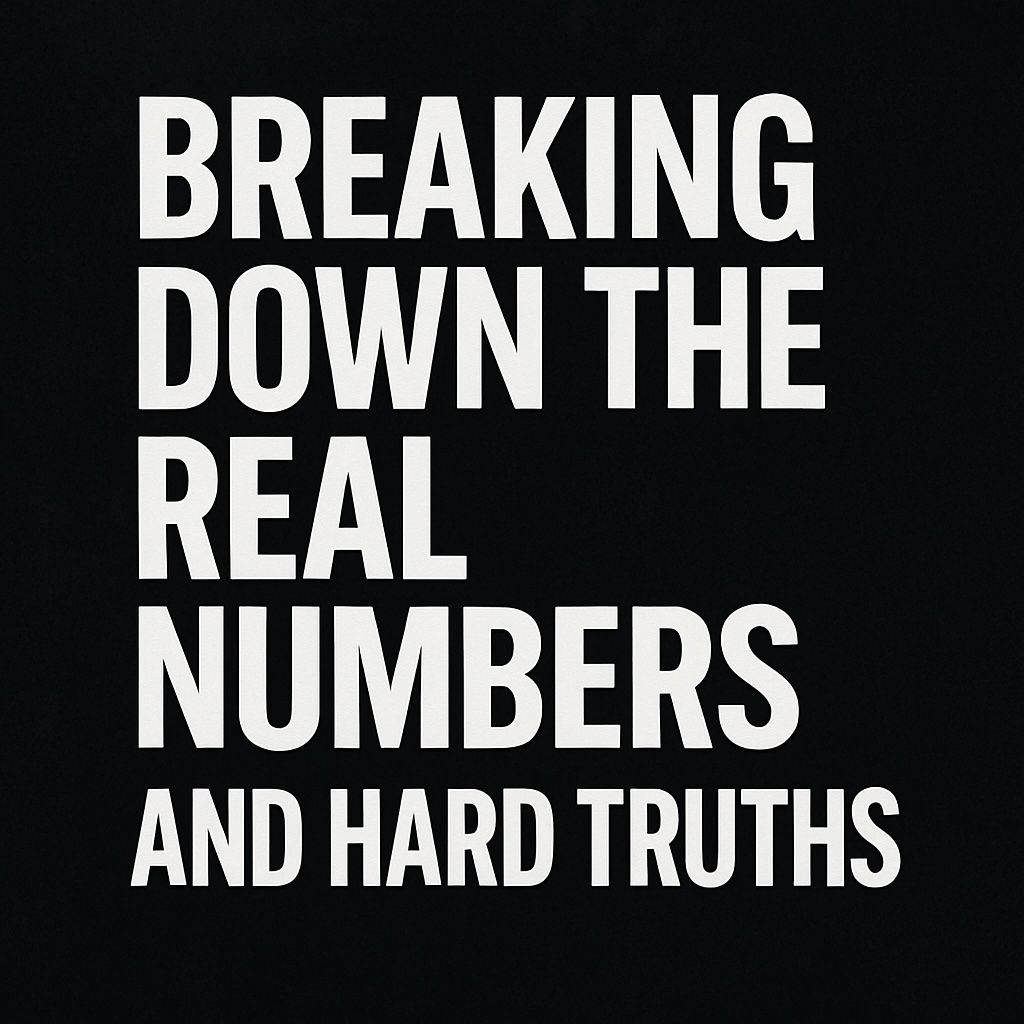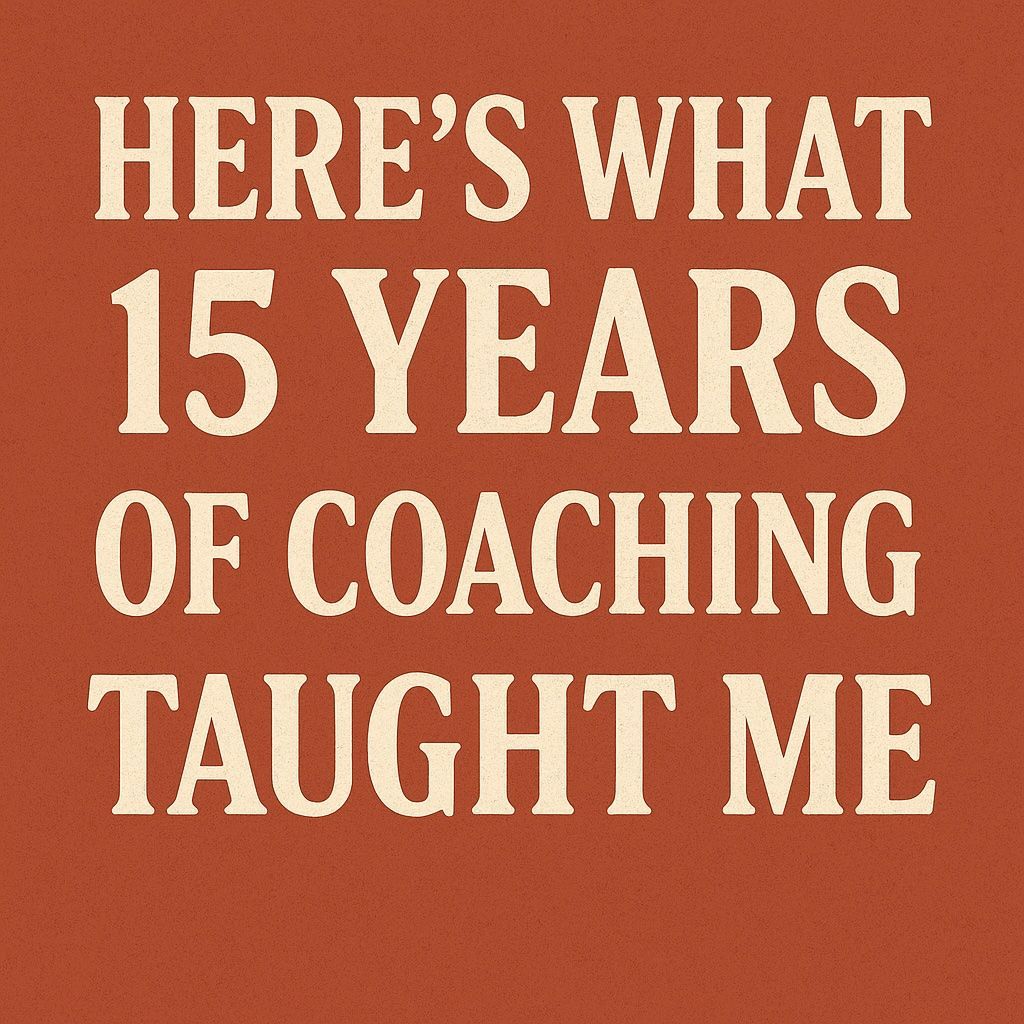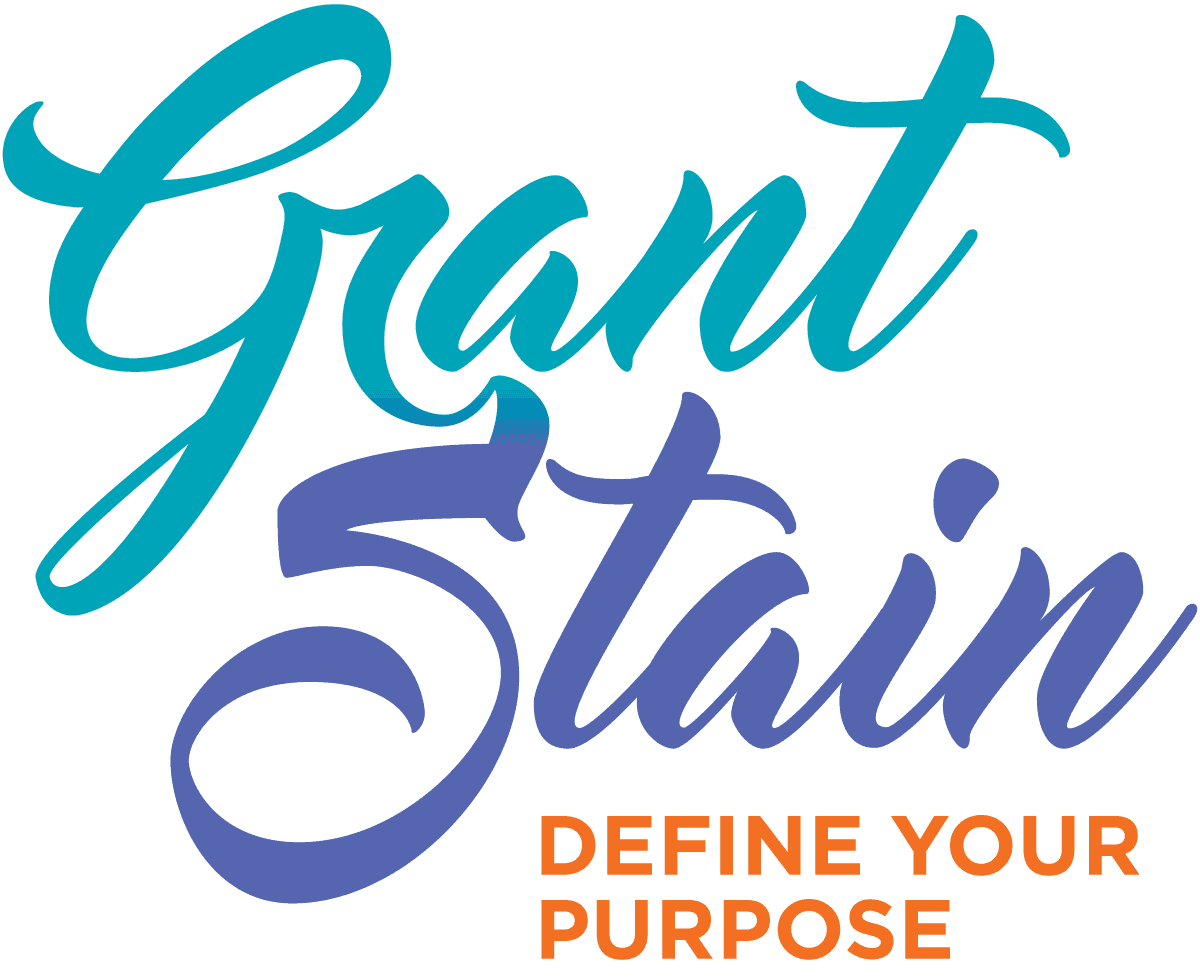Will AI Destroy Digital Marketing?
Far From It. It’s Just Getting Started.
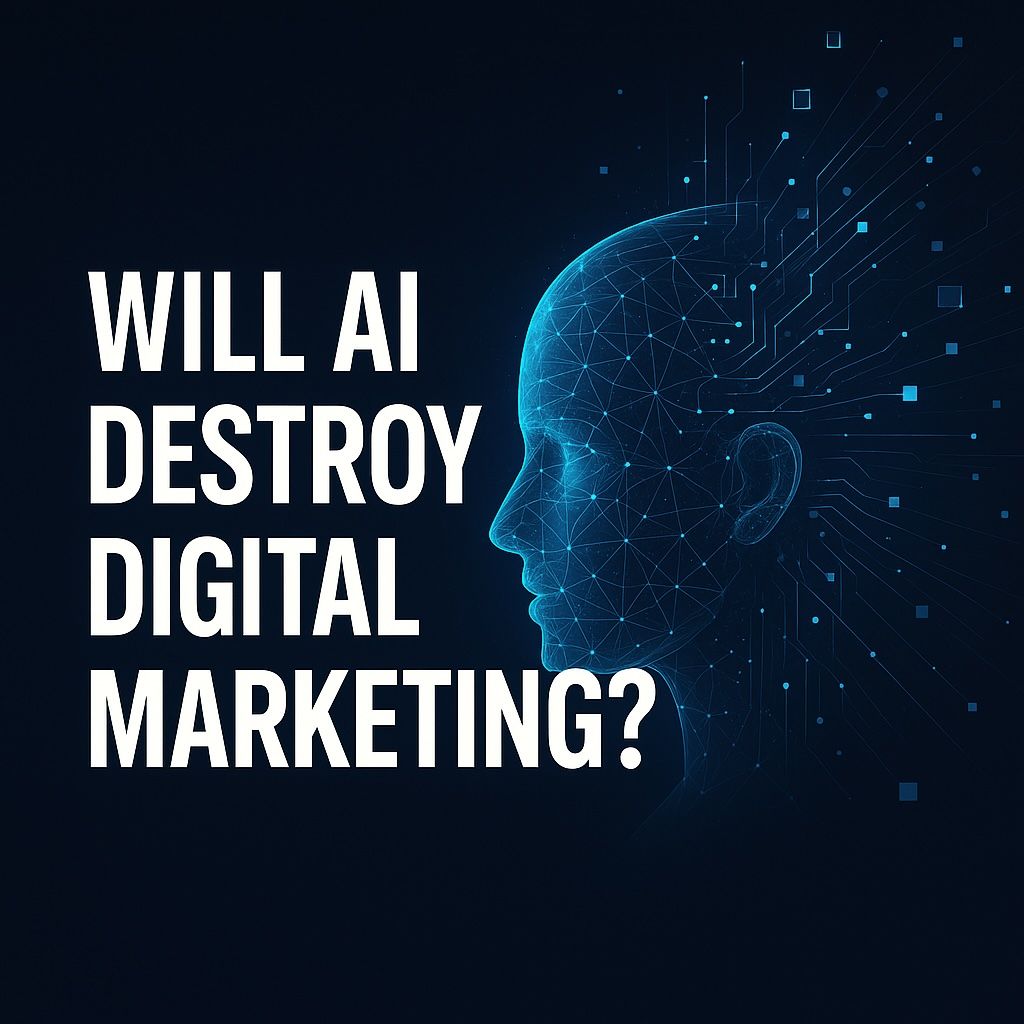
Every so often someone asks me: “Is AI going to kill digital marketing?” My take? It’s not going to destroy it. It’s going to help it.
Marketers will use AI to push creativity, innovation, and impact even further. The race is still to the top, just with new tools, higher stakes, and more exciting possibilities.
⸻
Why the Fear Exists
It’s natural. AI seems capable of everything from writing articles to designing images, analysing mountains of data, optimising ad spend, managing campaigns almost automatically. If you look at some of the popular media narratives, AI can replace jobs, take over repetitive tasks, make decisions. The question is: what part of marketing is replaceable, and what part will always need the human spark?
⸻
What the Data Tells Us
Instead of doom-scrolling about AI, let’s look at what the numbers show, and they point very strongly in the opposite direction.
• Adoption is widespread. Around 94% of organisations now use AI in preparing or executing marketing operations. 
• Marketers are embedding AI fast. 69% had already integrated AI into their marketing ops in 2025. 
• Growth projections are huge. The AI in marketing market is valued at about US $47.3 billion in 2025 and is expected to grow at a CAGR (compound annual growth rate) of 36.6% to more than $100 billion by 2028. 
• Generative AI is on the rise. Many marketing teams are using generative AI tools, for content, design, targeting, and 78% of those users report a positive impact. 
• Small businesses are getting in on it. Over half of small businesses use AI for marketing; many cite time savings and improved content creation as the biggest benefits. 
• Efficiency/cost savings + creative. For example, Klarna reported that by using generative AI & AI tools for image generation, they cut image-production costs by about $6 million per year, slashed lead times (six weeks → seven days for certain image assets), and increased campaign throughput. 
These stats don’t show decline; they show transformation. They show more people using, investing, benefiting. They show marketers having more freedom to experiment (once the boring, repetitive stuff is handled by machines, there’s more headspace for daring ideas).
⸻
What Will Always Need the Human Marketer
To be clear: not everything in marketing is automatable. Some things will always need humans:
• Vision, strategy, and brand soul. Deciding why you do something, what story you tell, what values you hold, how you connect emotionally with people, that’s not just a process.
• Creativity and originality. AI can remix, but the real breakthroughs come when humans imagine something weird, unexpected, and disruptive.
• Judgement, ethics, nuance. Biases, cultural sensitivity, trust, and authenticity, in many cases, AI doesn’t automatically know ethics. Humans must guide, check, and correct.
• Relationships & context. Deep customer insight, understanding changing social norms, adapting when markets shift, this stays human.
Humans + AI is the combo. AI does what it does best: processing, automating, scaling, exploring variants. Humans do what they do best: meaning, intuition, innovation, pushing the limits.
⸻
Why AI Will Propel Digital Marketing Forward
Putting it all together, here’s how I see AI driving digital marketing into its next phase:
1. Better personalisation at scale
AI lets you tailor messages, creatives, offers, and timing based on data that humans alone couldn’t tease out. That means more relevant, more resonant campaigns.
2. Faster experimentation
If we want to test 50 ad creatives instead of five? If we want to try new formats (video, interactive, AR/VR) without massive cost penalties? That’s more possible now.
3. More creativity, less repetition
The repetitive tasks (data crunching, scheduling, formatting) get off-loaded, leaving marketers freer to think, design, and experiment.
4. Insight-driven decisions
Predictive analytics, trend detection, response modelling, AI gives more visibility into what’s likely to work (or not), which reduces risk and wasted money.
5. Higher ROI, lower costs (ideally)
Companies like Klarna have shown that using AI reduces costs significantly, speeds production, allows more campaigns. That increases the leverage you get from each marketing dollar. Efficiency freed up = budget & time for more bold moves.
6. New kinds of marketing & channels
Generative content, interactive experiences, real-time personalisation, dynamic creative optimisation, all these become more accessible. What felt futuristic five years ago is becoming standard.
⸻
What Needs Doing to Get It Right
Of course, the upside isn’t automatic. To make the most of AI in digital marketing:
• Invest in skills & culture: marketers need to learn how to work with AI (not fear it).
• Maintain human oversight to catch biases, ensure originality, and preserve brand voice.
• Prioritise ethics, transparency, data privacy, consumers increasingly care about how their data is used, and brands that screw up here lose trust fast.
• Use AI strategically, not as a gimmick. It’s tempting to chase tools, but what matters is aligning with your brand, audience, and long-term goals.
• Keep experimenting. What works today will evolve. Early adopters who experiment responsibly will lead.
⸻
So, Will AI Destroy Digital Marketing?
In short: no. If anything, AI will strengthen digital marketing. It will force us to be better, more creative, more thoughtful, more human in what truly matters. It will shift the work, but not erase the value. It will open up new possibilities for those willing to lean in.
⸻
Conclusion: There’s Never Been a Better Time to Be in Digital Marketing
If you’re a wannabe marketer, a small business owner, or someone sitting on the fence thinking, “Should I invest in digital marketing, build these skills, work in this field?”, this is a great moment.
AI isn’t a threat; it’s a superpower. If you combine your human instincts, taste, creativity, and empathy with smart AI tools, you’ll be doing things no one’s seen before. You’ll deliver more value, reach more people, tell stories in fresher ways.
So: if you’ve ever thought of stepping into digital marketing, now is your moment. The tools are getting better, the playing field is expanding, the rewards for creativity & strategy are soaring.
Don’t wait. Start learning, experimenting, failing, refining. Because the future of digital marketing isn’t being destroyed, it’s just beginning.
To your success
Grant
